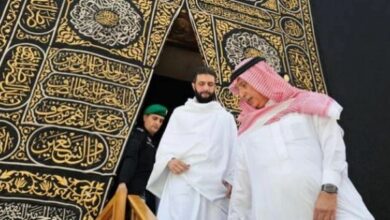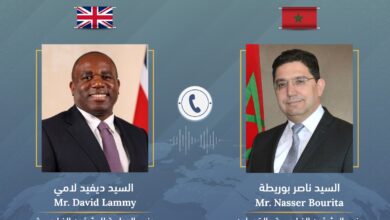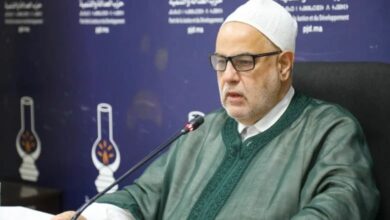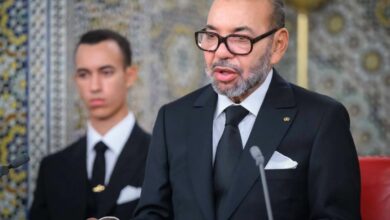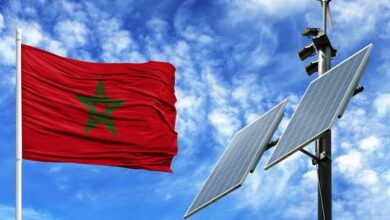Updated X Platform Data Exposes Coordinated Anti-Morocco Accounts Linked to Activity from Qatar
Updated X Platform Data Exposes Coordinated Anti-Morocco Accounts Linked to Activity from Qatar

ALDAR/ Iman Alaoui
A wave of newly flagged accounts on the platform X (formerly Twitter) has sparked widespread debate, after updated platform data revealed that a significant number of them were spreading hostile messaging against Morocco while being actively operated from inside Qatar. Although the verified digital analytics point to an orchestrated campaign, a broader reading of the geopolitical context in the Gulf and North Africa suggests that the issue goes beyond a simple confrontation between two states.
Officially, Qatar is not in conflict with Morocco. In fact, Doha has publicly expressed—on multiple occasions at the United Nations—its support for Morocco’s autonomy plan under Moroccan sovereignty in the Sahara. That position has not shifted in years. Yet, parallel dynamics appear to exist—dynamics that operate outside the boundaries of Qatar’s formal diplomatic posture.
Over the past decade, Doha has become a hub for numerous activists affiliated with political Islam movements, in addition to sympathizers of Algeria’s narrative opposing Morocco’s territorial integrity. These figures do not represent the Qatari state, but they operate within a favorable media and political ecosystem. Their networks include ideological groups, media pressure entities, and actors tied to broader regional power struggles.
At the center of this complexity sits Al Jazeera. While the network is officially part of Qatar’s media establishment, it has long been accused of being influenced by political and ideological agendas that do not always reflect Doha’s government position—particularly on issues involving Morocco and Algeria. Figures such as Azmi Bishara, Waddah Khanfar, Walid Al-Omari, Khadija Benguenna, and Hafid Derradji are frequently cited in debates about invisible influence within the newsroom and how those currents may affect editorial lines.
In light of this, Qatar may not be a direct sponsor of the online campaigns targeting Morocco. Instead, the country appears to serve as a stage where other actors navigate and exploit a powerful regional media ecosystem to shape public opinion and project alternative influence.
Between an official stance supportive of Morocco and a digital-media environment fueling narratives against it, the landscape is increasingly complex. This gap raises a bigger and pressing question:
Are we witnessing a state policy—or the rise of networks, individuals, and ideological clusters now operating with more influence than traditional diplomacy?
The answer remains uncertain. But what is clear is that today’s battles are no longer fought only through institutions or on the ground—they are also unfolding in digital arenas, run with precision, strategy… and a great deal of ambiguity.

